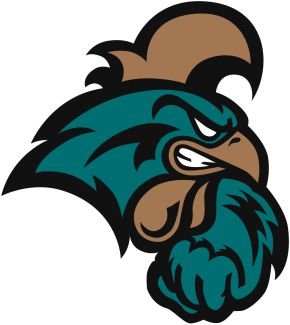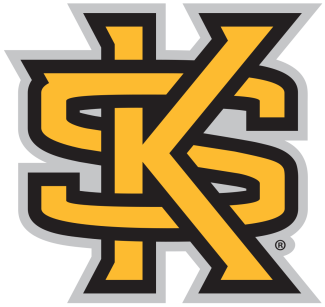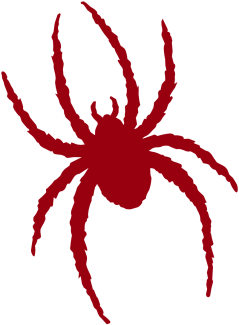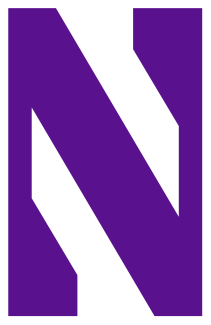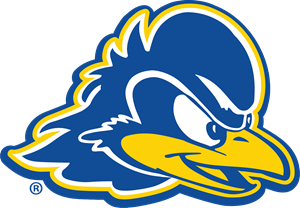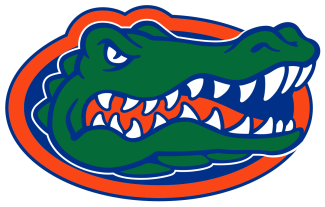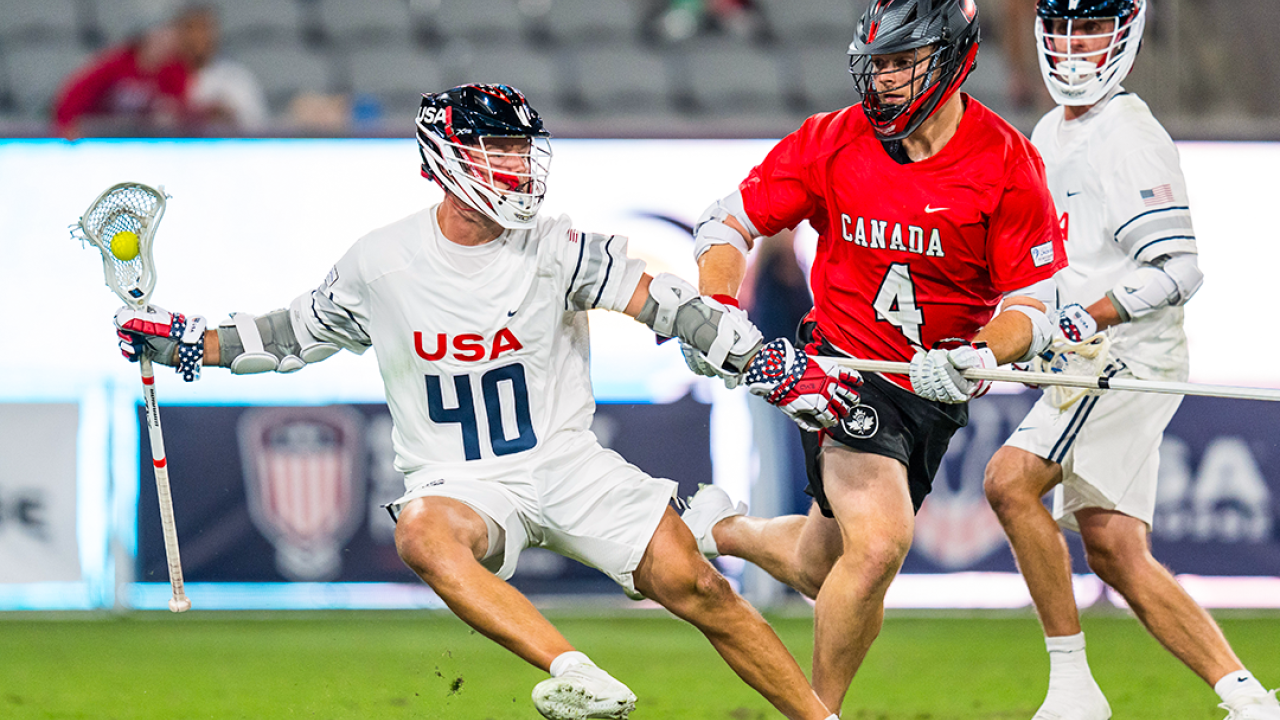(2) CANADA VS. (1) USA
Date: Saturday, July 1
Time: 7 p.m. ET/4 p.m. PT
Venue: Snapdragon Stadium
City: San Diego
Tickets: Buy Here
TV: ESPN 2
Stream: Watch ESPN
HOW THEY GOT HERE
(2) Canada (5-1, 3-1 Pool A)
Throw out the opener. Canada’s 7-5 loss to the U.S. on June 21 amounted to little more than a sparring session. The Canadians were without faceoff man Jake Withers and unicorn midfielder Zach Currier played sparingly. Currier’s health looms large in the rematch, as Canada was able to run the rest of the table despite him missing three games and getting limited minutes in the last two.
Canada is shooting a sizzling 43 percent, best in the tournament. Seven players are in double figures scoring.
The Canadians’ most difficult games were against the Haudenosaunee, who played them to within a goal during a riveting round-robin encounter that ended with Austin Staats trying to call timeout as time expired and then rallied a tad too late in a 12-7 semifinal loss Thursday at Snapdragon Stadium.
“We’re happy to get to the game. It’s not as easy anymore as people think to get to this gold medal game,” coach Matt Brown said. “That was a tough one against a Haudenosaunee team that’s really good, maybe the best I’ve ever seen. We’re just looking forward to the opportunity.”
(1) United States (6-0, 4-0 Pool A)
The U.S. is 72-4 all-time in world championship competition and has won the gold medal 10 times dating back to 1967.
Unbeaten in pool play, the Americans eked past Canada 7-5 and the Haudenosaunee 9-7. They defeated Australia twice by nine goals and comfortably defeated England and Israel.
But even in the more lopsided games, the offense stalled at times. The U.S. formula so far has been dominant faceoff play (83.2 percent), an unbending defense (3.52 goals allowed per game) and timely goaltending.
The U.S. has been at its best when hybrid attack-middies Michael Sowers and Brennan O’Neill have isolated short-stick matchups and forced defenses to pick their poison, creating re-dodge opportunities for attackmen Rob Pannell and Matt Rambo and allowing finishers like Conn
The hero of the 2018 world championship, Tom Schreiber returned to the U.S. lineup in the semifinal Thursday after missing the previous three games due to an injury. The offense flows better with Captain America on the field.







